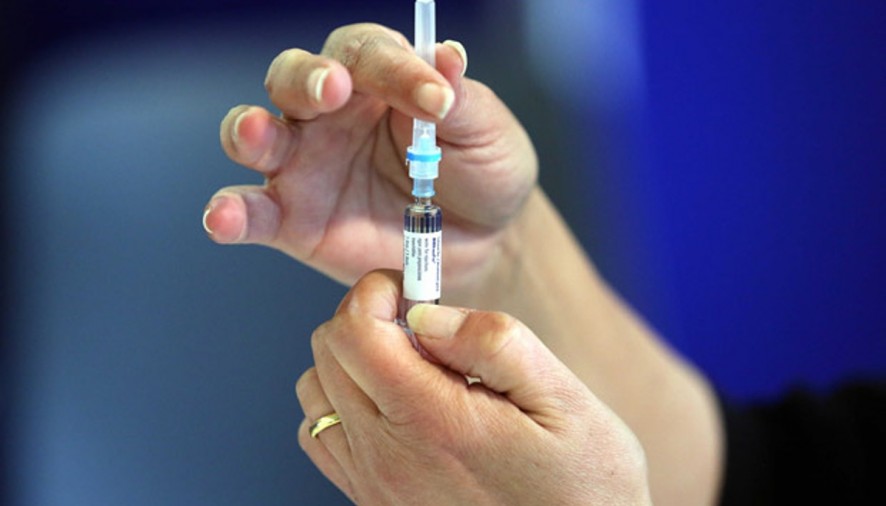Vaccinations are one of the most controversial topics in modern medicine; the petition for the NHS to vaccinate all children and new-borns against the deadly meningitis B is the most recent story about vaccinations to make the news. This petition has resurfaced after the death of a young girl on Valentine’s Day, with images of her covered in the infamous rash shortly before her death being shared on social media as if it were a cartoon, and not real life. Unfortunately, it is real life, and a full vaccination program could have saved this innocent little girl among many others, by either preventing her catching the disease off someone else, or by allowing her immune system to kill the bacteria before illness could ensue.
A little known fact is that there are multiple strains of meningitis, including viral forms, from which I have suffered myself. These strains can kill, lead to long-term debilitating conditions such as Chronic Fatigue Syndrome (as in my case and others), or in some rarer cases induce amnesia or learning difficulties. Vaccinations against these strains of meningitis have been fully developed, but deemed by the government as non cost-effective; this is despite the fact that the cost of healthcare and disability benefits is costing the government far more than introducing the vaccine. Once again, the benefit to the public’s quality of life is apparently not worth the consideration of parliament.
A common argument against the use of vaccinations is the supposed MMR (measles, mumps, and rubella) vaccination and autism link; the fact that the evidence behind this news story was completely falsified is commonly ignored. Even if the link was scientifically proven, perhaps the almost complete eradication of these diseases has allowed us to forget the severity of them. Although it is undeniable that autism can extensively limit someone’s quality of life, surely the risk of deadly infections that can tear whole families apart is enough to make the vaccinations worthwhile, even if the proposed correlation was true.
Some say that vaccinations do not work; they base this opinion on their own experiences of illness, such as having a 6th cousin twice removed suffering from a cold despite getting the flu jab three years prior. Pathogens, the technical term for infectious micro-organisms, can mutate, developing methods of evading the immune system following a vaccination. Similarly, most vaccinations do not provide 100% protection against a disease, much like condoms and pregnancy, and a small proportion of those vaccinated may still contract the illness. However, on a population scale the damage caused by these diseases is significantly reduced, and the spread of disease is also limited.
The main message behind all of this is that if a vaccination is made available to you, take advantage of it. The vaccination cannot cause harm, as extensive medical trials are used to ensure a vaccinations safety prior to the enrolment of vaccination programs, and the reduced risk of contracting an infectious disease cannot be ignored.
Emma Steer
Image courtesy of Dimitris Legakis/Athena Pictures

